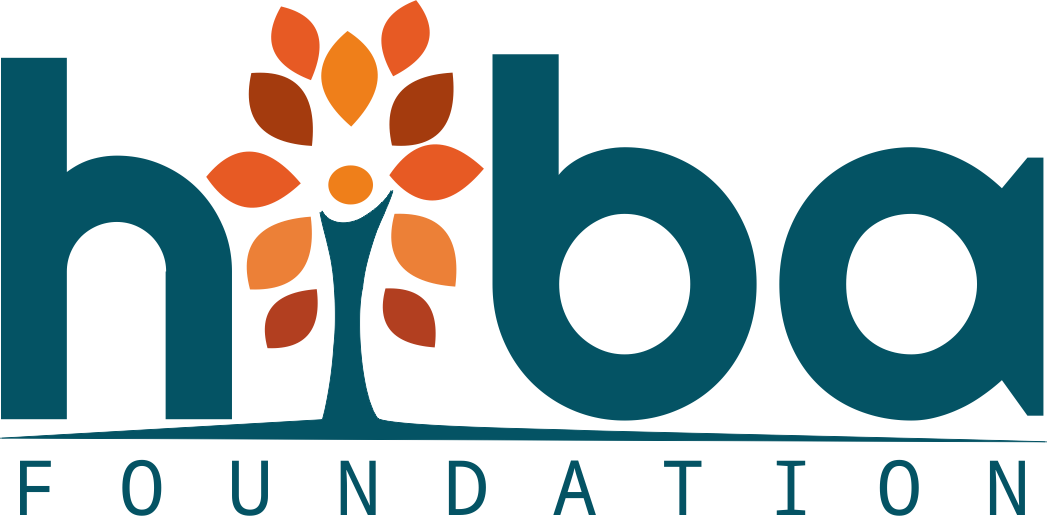Supporting YOU
If you are in a domestic abuse relationship, and not sure what to do, then contact us and we can provide you with the support you need!
Why don’t more women who are victims come forward?
There are many reasons why women may not come forward to report domestic abuse. Some women may feel ashamed, embarrassed, or afraid to speak out about their experiences. They may worry that they will not be believed, that they will be blamed, or that they will face retribution from their abuser.
Other women may feel that they are not ready to leave the relationship, or that they do not have any other options. They may be dependent on their abuser for financial or emotional support, or they may have children or other family members who are also being abused.
Women who are immigrants or who are not fluent in English may face additional barriers to seeking help, such as language barriers, fear of deportation, or lack of awareness of available resources.

Women with young children who are from the BAME community may face several challenges when it comes to domestic abuse. Some of the problems that they may face include:
Fear of retribution: BAME women may be more afraid of retribution from their abusers or their communities because of cultural or religious reasons. This can be especially true for women with young children, who may fear that their children will be harmed if they speak out about the abuse.
Limited access to resources: BAME women with young children may have limited access to resources that can help them leave an abusive relationship, such as housing, financial assistance, and child care.
Stigma: There may be a stigma attached to domestic abuse in some BAME communities, which can discourage women from seeking help. This can be especially true for women with young children, who may fear being judged or ostracized by their community.
Cultural and religious barriers: BAME women with young children may face cultural or religious barriers that make it difficult for them to seek help or leave an abusive relationship.
There are a number of benefits, once you have decided that you don’t deserve the domestic abuse!
Improved physical safety: Leaving an abusive relationship can help to protect you and any children you may have from further harm and abuse.
Improved mental health: Abusive relationships can have a serious impact on your mental health, and leaving can help to improve your emotional well-being.
Increased self-esteem: Being in an abusive relationship can erode your self-esteem and sense of worth. Leaving can help to rebuild your confidence and sense of self.
Improved financial stability: Abusive partners may use financial control as a means of abuse, and leaving can help you to regain control of your finances and become more financially independent
Improved relationships with family and friends: Abusive partners may try to isolate you from your loved ones, and leaving can help you to rebuild and strengthen your relationships with family and friends.
Increased freedom and autonomy: Being in an abusive relationship can feel very controlling and limiting, and leaving can help you to regain your freedom and autonomy.
Improved quality of life: Leaving an abusive relationship can help you to create a safer, healthier, and more fulfilling life for yourself.
Increased ability to set and achieve goals: Abusive partners may try to prevent you from pursuing your goals, and leaving can help you to set and achieve
How Domestic Abuse relationships impact Children
Domestic abuse can have a serious and lasting impact on children, particularly when it occurs within the family. Children who are exposed to domestic abuse may be at higher risk for developing adverse childhood experiences (ACEs), which are defined as potentially traumatic events that can have a negative impact on a child’s development and well-being.
Some of the ways in which domestic abuse can affect children and contribute to the development of ACEs include:
- Physical harm: Children who are directly exposed to domestic abuse may be at risk for physical injury or death.
- Emotional harm: Children who are exposed to domestic abuse may experience a range of negative emotions, such as fear, anxiety, and sadness. They may also struggle with feelings of guilt, shame, or confusion.
- Developmental delays: Children who are exposed to domestic abuse may have delays in their physical, cognitive, or social development.
- Behavioral problems: Children who are exposed to domestic abuse may exhibit behavioral problems, such as aggression, disobedience, or withdrawal.
- Academic problems: Children who are exposed to domestic abuse may have difficulty focusing in school and may struggle academically.
Services
What We Do
Hiba Foundation Domestic abuse hotlines provide confidential, non-judgmental support and information on available resources to women who are experiencing abuse. Hiba hotlines is a helpful resource for women who are seeking immediate assistance or who are not ready to leave their abuser.

Emergency Shelters
Emergency shelters provide temporary housing for women who are in immediate danger and need a safe place to stay. Shelters often provide a range of services, such as counseling, legal assistance, and support groups

Support Groups
Support groups provide a safe and supportive environment for women to share their experiences and to receive emotional support from others who have been through similar situations.

Legal Assistance
Legal assistance can help women to obtain restraining orders, protective orders, and divorce, as well as to navigate other legal issues related to domestic abuse.

Advocacy
Advocacy organizations can provide women with support and assistance in navigating the legal, social, and medical systems, and in advocating for their rights and needs.
